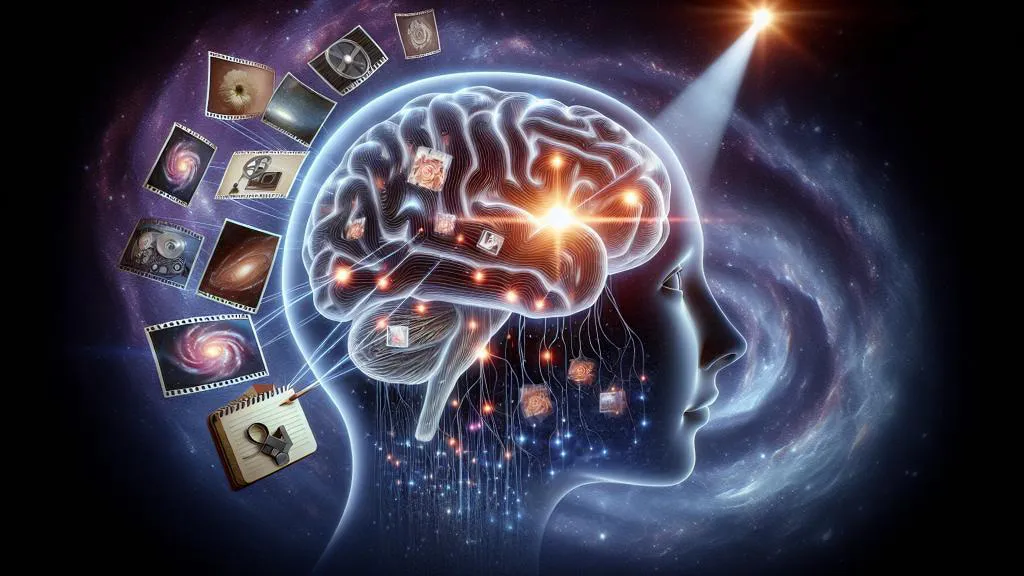-

Understanding the Role of Psychotherapy in Mental Health Recovery
Lasting recovery from mental health challenges often requires addressing thoughts, emotions, and behaviors at their core. Psychotherapy provides a structured and supportive environment where individuals can explore their experiences, develop coping strategies, and build healthier patterns over time. Here’s more information on the role of psychotherapy in mental health recovery. Psychotherapy Explained Psychotherapy encompasses structured…
-

Treatment Options for Depression
Depression is a serious mental health condition that affects how people think, feel, and act. Treatment varies for everyone because symptoms and causes differ. Having a clear understanding of the available treatment options helps patients and their families make informed choices that fit their specific needs. Most people see the best results from a combination…
-

Common Triggers of Headaches and How To Identify Them
Understanding the factors that contribute to headaches is a significant step toward managing their frequency and intensity. Many individuals experience head pain influenced by a variety of internal and external factors, ranging from diet to daily routines. Identifying these specific triggers requires careful observation of patterns and an awareness of one’s own body and surroundings.…
-

Innovative Therapies for Managing Neurological Disorders
Neurological disorders affect millions of people around the world. They disrupt the normal function of the brain, spinal cord, and nerves. These conditions include stroke, neuralgia, Bell’s palsy, and spinal cord injuries. While traditional medical treatments remain the primary approach, alternative therapies are gaining popularity as valuable additions to treatment plans. Here are some innovative…
-

Lifestyle Changes to Combat Hypertension
High blood pressure, or hypertension, affects millions of Americans and often develops without noticeable symptoms. You can manage this condition through simple lifestyle adjustments that support your cardiovascular health. These changes work together to help reduce blood pressure naturally while improving your overall well-being. Diet Making thoughtful food choices can significantly impact your blood pressure…
-

The Role of Holistic Counseling in Supporting Mental Health
Holistic counseling is a comprehensive approach to mental health treatment that addresses the whole person rather than focusing solely on symptoms or disorders. This therapeutic method recognizes that multiple interconnected factors influence mental health. Here is how holistic counseling integrates various therapeutic modalities to support sustainable mental improvement: Trying Talk Therapy Talk therapy is the…
-

Understanding Anxiety and Its Effects on Mental Health
Mental health impacts many aspects of our lives, from our thoughts and feelings to how we manage stress and interact with others. Anxiety is a significant component of mental health. While feeling anxious occasionally is normal, persistent anxiety that interferes with daily activities may signal an anxiety disorder. Here is how these conditions help us…
-

Coping Mechanisms and Techniques in Anxiety Treatment for Everyday Life
Anxiety involves more than occasional worry or stress about daily situations. The condition can significantly impact daily functioning, relationships, and overall quality of life. Recognizing the signs and understanding treatment options allows individuals to take proactive steps toward managing their mental health. Here is more information on anxiety, its various forms, and available anxiety treatment…
-

Post-Operative Care Tips for Brain Surgery Patients
Recovering from brain surgery requires more than just the procedure itself; it involves careful post-operative care to support healing and prevent complications. From managing medications to making lifestyle adjustments, patients and their caregivers play a significant role in the recovery process. Here are some post-operative care tips you can use after brain surgery. Rest and…
-

How to Support a Loved One Struggling with Depression
Depression is a serious mental health condition that affects mood, thinking, and daily functioning, often making it difficult for those impacted to seek help on their own. Supporting a loved one through depression requires empathy, patience, and an understanding of the condition’s challenges. Knowing how to provide emotional support, encourage treatment, and maintain healthy boundaries…
Recent Post
| M | T | W | T | F | S | S |
|---|---|---|---|---|---|---|
| 1 | ||||||
| 2 | 3 | 4 | 5 | 6 | 7 | 8 |
| 9 | 10 | 11 | 12 | 13 | 14 | 15 |
| 16 | 17 | 18 | 19 | 20 | 21 | 22 |
| 23 | 24 | 25 | 26 | 27 | 28 | |







